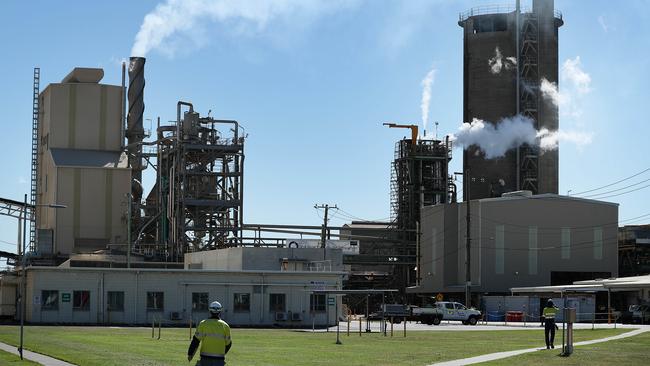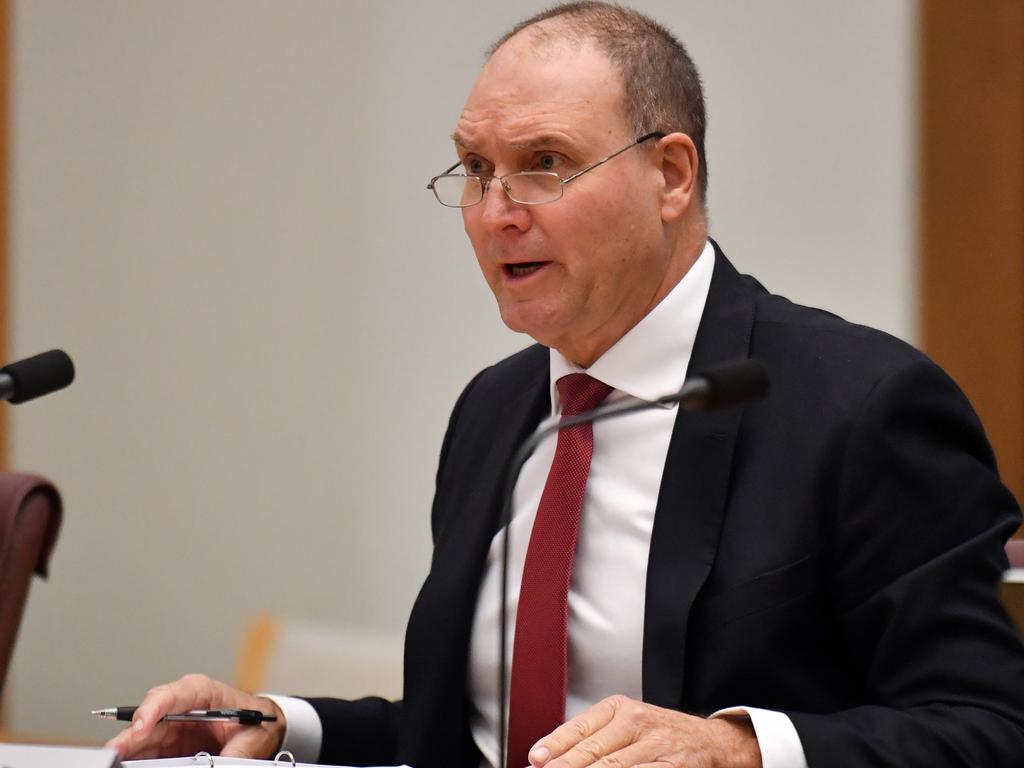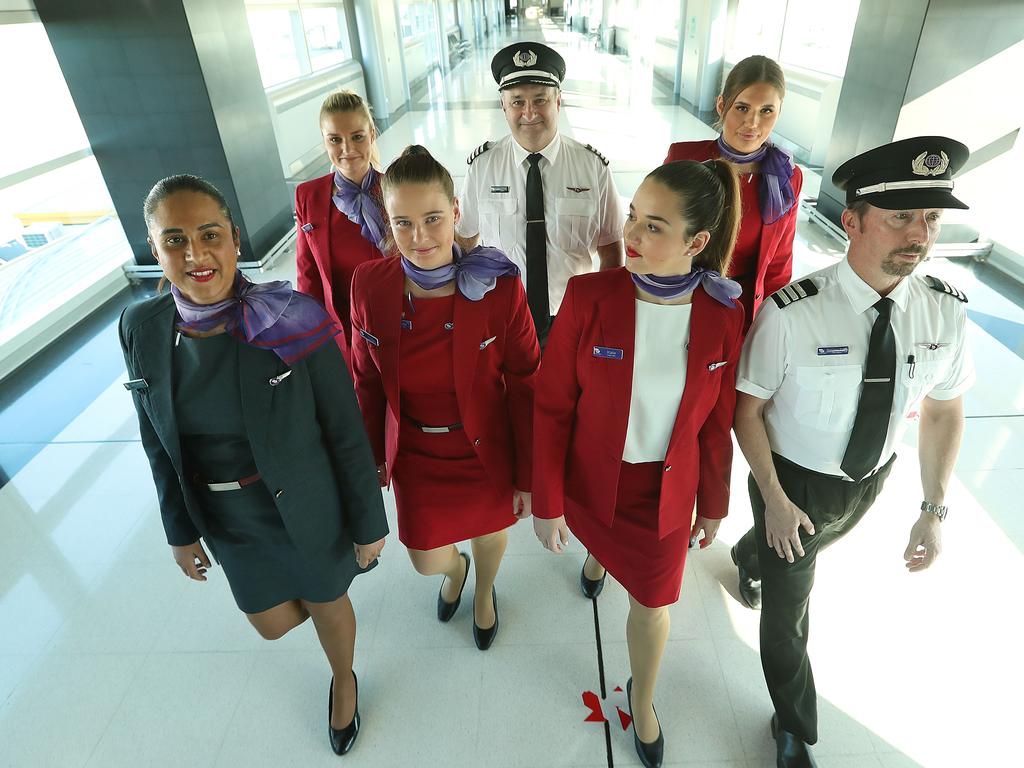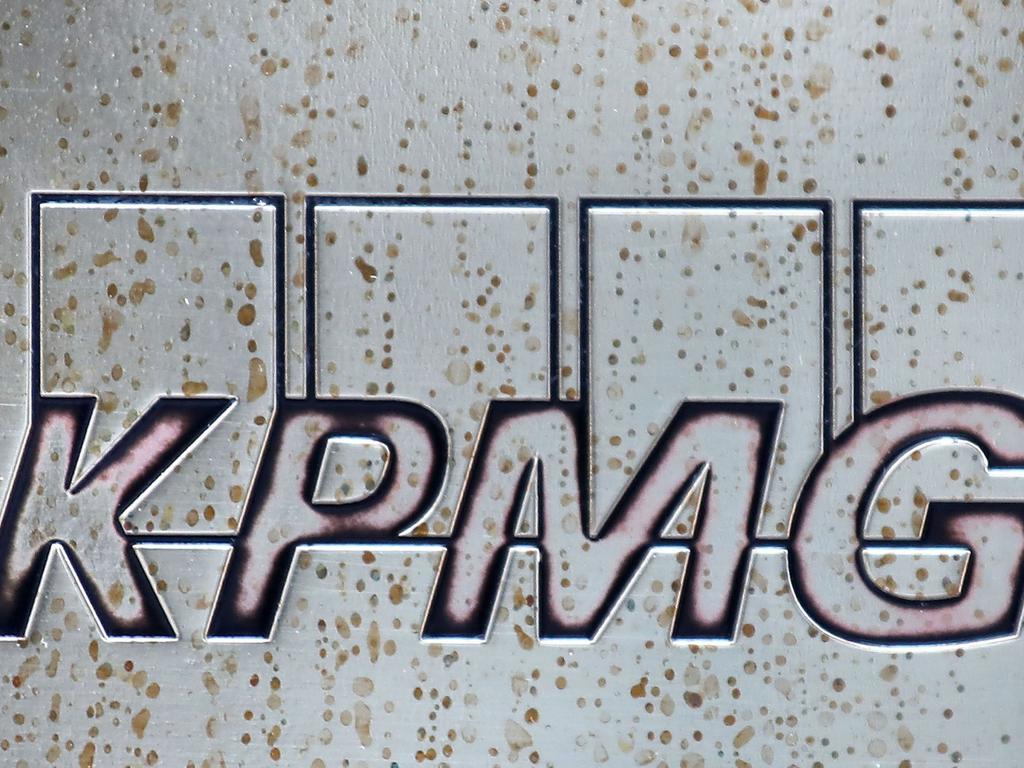Incitec Pivot disputes energy major ExxonMobil claim that increased supply will lower tariffs
Australia‘s largest commercial gas user, Incitec Pivot, says there is no evidence that a supply boost would cut prices.

Big gas users and producers have clashed over the remedy for lowering gas prices on Australia’s east coast, with fertiliser and explosives maker Incitec Pivot disputing a claim made by energy major ExxonMobil that increased supply will lower tariffs.
ExxonMobil, one of the biggest gas suppliers to the east coast, pushed back against the prospect of government intervention in the east coast gas market, arguing both domestic reservation and a taxpayer-underwritten transcontinental pipeline could see planned investments culled due to artificial market conditions.
Instead, Exxon’s Australian chairman Nathan Fay said the remedy was bringing on new supplies which would ease pressure on demand and reduce pressure on prices.
“This is a normal and natural cycle we’ve seen over countless years across our industry,” Mr Fay told the annual Credit Suisse Australian Energy Conference on Tuesday.
However Australia’s largest commercial gas user, Incitec Pivot, said there was no evidence that a supply boost would cut prices.
“The experience on the east coast over the last decade shows us that increasing production does not improve prices for local businesses or households,” Incitec chief executive Jeanne Johns said in a statement. “In the last decade gas production on the east coast has tripled, and at the same time prices have tripled.”
The start-up of LNG exports from Queensland has catapulted Australia to the world’s largest exporter but also intertwined the nation’s domestic market on the east coast with international prices. While that’s meant spot prices have fallen near historic lows, long-term contract prices remain in a $8-10 a gigajoule range at best.
Incitec said the domestic market was not working, referencing a struggle to obtain long-term deals with gas producers.
“The greater concern is a lack of equity in how Australian customers are being treated,” Ms Johns said.
“International customers are sold gas on 25-year deals. While Australian industry is only able to secure two to three-year year deals at prices that are internationally uncompetitive.”
“The Covid Commission outlined the way forward for the role of gas in economic recovery and jobs and this is supported by ACCC findings. The Australian domestic market is clearly not working for Australia manufacturers and household consumers.”
A Covid Commission taskforce has recommended the Morrison government guarantee gas volumes, open new fields and build pipelines to halve the price of the fossil fuel to a $4 a gigajoule target.
Historic throwback
However, major producers including Exxon, Shell and Beach Energy said the figure was a historic throwback and not feasible in the current market.
“There is talk of $4 a gigajoule gas prices but that’s not something I see and we haven’t seen that for 15 years,” Beach Energy chief executive Matt Kay said at the conference.
The prospect of LNG imports on the east coast has been floated by four separate developers, offering a fix as soon as 2022 to ease forecast supply shortfalls.
Australia’s largest plastics producer, Qenos, said it did not see the import terminals as a cheap enough solution for it to keep pace with international competitors which have access to more affordable supplies.
Import terminals “are not the answer in my mind,” Qenos chief executive Stephen Bell told the Credit Suisse conference. “It doesn’t make strategic sense that we’ve got all this LNG sailing out of Australia which would be passing ships coming in. It’s just madness.”
The Australian Workers’ Union, a big backer of Santos’ Narrabri coal seam gas project in NSW, also holds reservations.
LNG import terminals “haven’t been able to get switched on overnight because when they go to market and start floating prices, everyone walks away from it,” AWU national secretary Daniel Walton said. “We’re effectively signing a death warrant the moment we agree to build an import facility.”
Viva Energy is the latest developer mooting a potential LNG import facility at Geelong which would see it pitted against high profile and deep pocketed rivals including AGL Energy’s Crib Point terminal in Victoria’s Mornington Peninsula and the Andrew Forrest-backed Port Kembla facility in NSW.






To join the conversation, please log in. Don't have an account? Register
Join the conversation, you are commenting as Logout